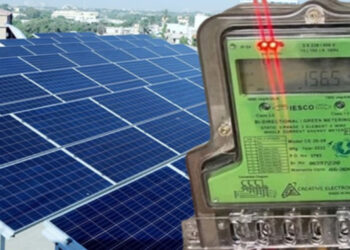Asian Development Bank(ADB) has said that the Extended Fund Facility program of the International Monetary Fund (IMF) has improved Pakistan’s economic situation, and the country’s economic growth rate is likely to reach 3 percent in the fiscal year 2026.
In a statement on Wednesday, the bank stated that economic stability has improved in Pakistan due to tax policy and energy sector reforms. And growth is likely to be driven by increased private sector investment and a stable foreign exchange market.
According to the Asian Development Bank, average inflation is likely to decline further to 5.8 percent in the fiscal year 2026. Pakistan’s economic growth may remain at 2.5 percent in the current fiscal year:
The ADB said that Pakistan’s economic growth may increase to 3 percent during the next fiscal year. And the inflation rate may remain at 6 percent during the current fiscal year. The inflation rate may further decrease to 5.8 percent during the next fiscal year.
The statement said that due to reforms, Pakistan’s economy is stabilizing and growing. And growth can be achieved through adopting strict macroeconomic policies and economic reforms. Pakistan’s economic growth will improve while in the IMF loan program.
Growth is likely to improve in the current fiscal year due to increased private sector investment. While there will be an increase in remittances, a decrease in policy rates and inflation in the current fiscal year. Stability in oil and commodity prices globally has helped control inflation, the statement maintained.
The statement said that women in Pakistan lag in the labor force compared to other countries in the region. And the participation of women in the labor force can increase productivity. While education and vocational training can enhance skills among women.





































